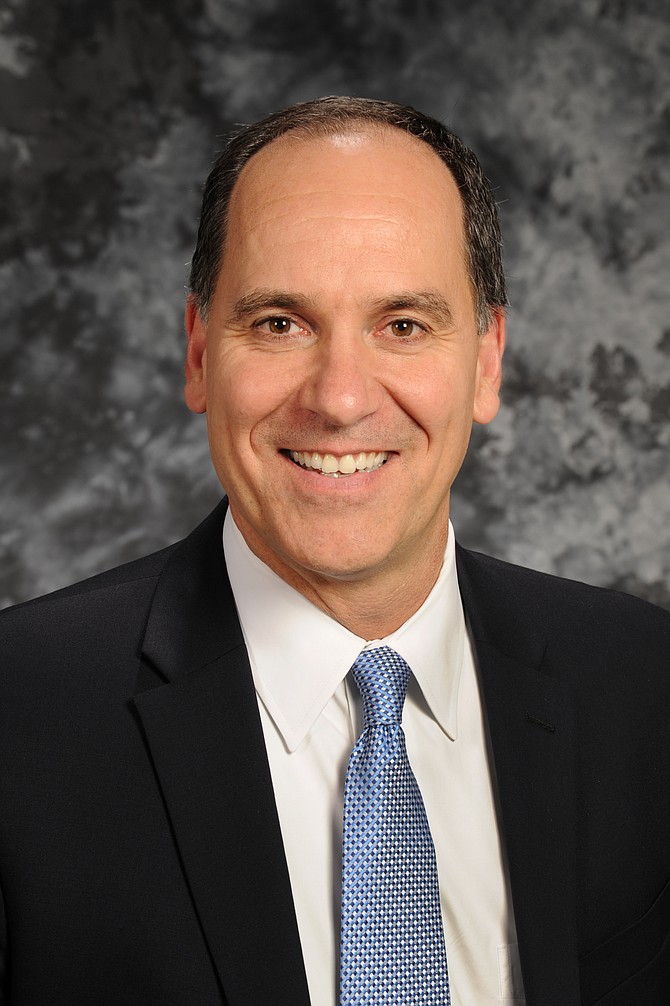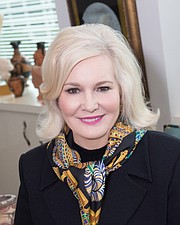ANALYSIS: Innovation in the Mountain West starts with collaboration

John Wagner
The U.S. led the world in innovation during the 20th century. Our nation was enterprising, creative and, importantly, unafraid to fail. If you aren’t willing to fail, you’re not innovating. This bold spirit made the U.S. the world’s leading economic driver and helped create a remarkable standard of living for our citizens.
Past success, however, guarantees nothing in the future. Today’s global economy is changing at unprecedented speed. To continue as the world’s innovation leader, the U.S. needs more unified and informed collaborative framework. And we need to establish the critical partnerships — between industry, academia, governments and the national laboratories — that will enable us to lead and prosper into the 21st century.
That’s why we were so pleased to lead the Mountain West Innovation Summit last month at the University of Wyoming in Laramie.
Leaders from across the Mountain West addressed the establishment of a regional approach to innovation and how this can best serve the people who call this unique and remarkable region home.
The summit emerged from a report issued by the Council on Competitiveness. As national commissioners in this important nonprofit organization, we were pleased to help author “Competing in the Next Economy.”
As commissioners, we identified policies and strategies needed to empower U.S. innovation and drive our economy forward. We answered questions like: How can the U.S. spark innovation to drive economic growth and more inclusive prosperity? How do we foster competitiveness at all levels? How can we create greater resiliency and increase national security? And are delays and inaction due to well-intentioned regulations posing a greater risk to our future leadership and prosperity than the risks they intend to mitigate?
The commission also addressed the importance of developing regional partnerships and using available resources in places such as the Mountain West and Alaska.
In that sense, the Mountain West was the perfect place for the first regional summit. This area has a long history of innovation, especially in the areas of agriculture and energy production.
The Mountain West states, industries, colleges and universities also have a history of collaboration.
And the Mountain West contains a vital unifying organization that has helped drive U.S. innovation for more than 70 years and that is working directly with stakeholders throughout the region on advanced energy and national security initiatives. That organization is Idaho National Laboratory.
A few months ago, the governors of Wyoming and Idaho, Mark Gordon and Brad Little, toured INL facilities together. This ended with INL signing a working agreement with the Wyoming Energy Authority that will drive research collaboration in the future.
INL, which is the nation’s nuclear energy research and development laboratory, and a leader in cybersecurity and broader clean energy research, also has a similar working agreement with the University of Utah.
The lab is working with industry to develop and deploy the advanced energy technologies our nation needs to ensure economic prosperity and environmental sustainability moving forward.
A great example of this is the partnership with TerraPower, which is developing an advanced nuclear reactor in the town of Kemmerer, Wyoming. That reactor is expected to come online in 2028. In six short years. And this is just the beginning. INL is working with other companies to develop advanced nuclear technologies, as well as the Department of Defense on a mobile microreactor that will provide power to remote bases and troops in the field.
These advanced technologies are coming. The question is: Will the U.S. be a global leader? Will our communities and states be prepared to staff and supply them? And will we be able to attract investment and diverse talent?
These are the questions we discussed at the summit in Laramie. And these are the conversations regional leaders need to have as we look for ways to ensure American prosperity through innovation and a collaborative framework.
Innovation, teamwork, creativity and intelligent risk-taking — being unafraid to fail — will help us lay the groundwork for the new economy.
And it can begin right here in communities across Idaho, Wyoming, Montana, Alaska and Utah.
• • •
John Wagner is the director of the Idaho National Laboratory and Deborah Wince-Smith is CEO of Council on Competitiveness.
Battelle Energy Alliance manages INL for the U.S. Department of Energy’s Office of Nuclear Energy. INL is the nation’s center for nuclear energy research and development, and also performs research in each of DOE’s strategic goal areas: energy, national security, science and the environment. For more information, visit www.inl.gov.











